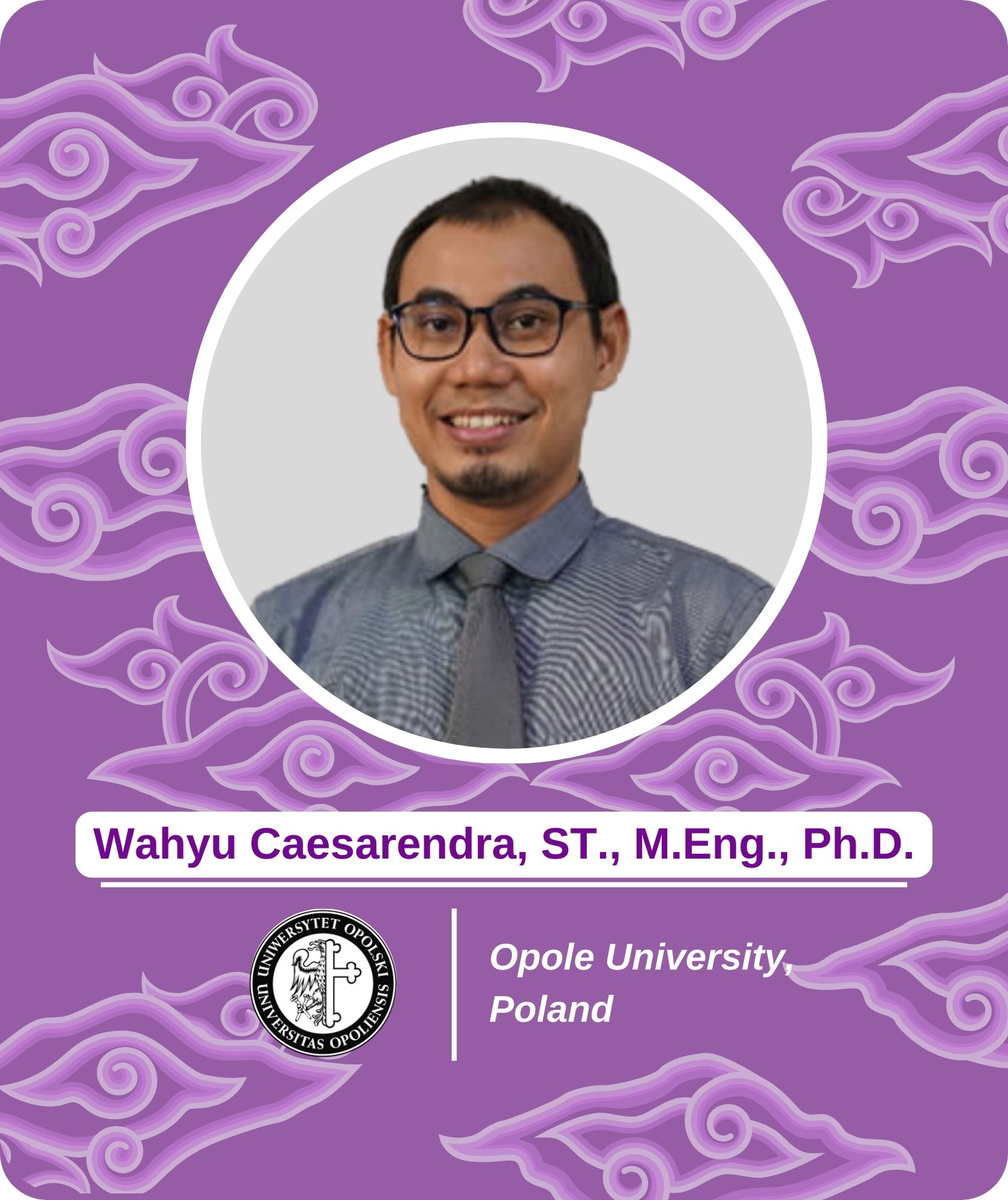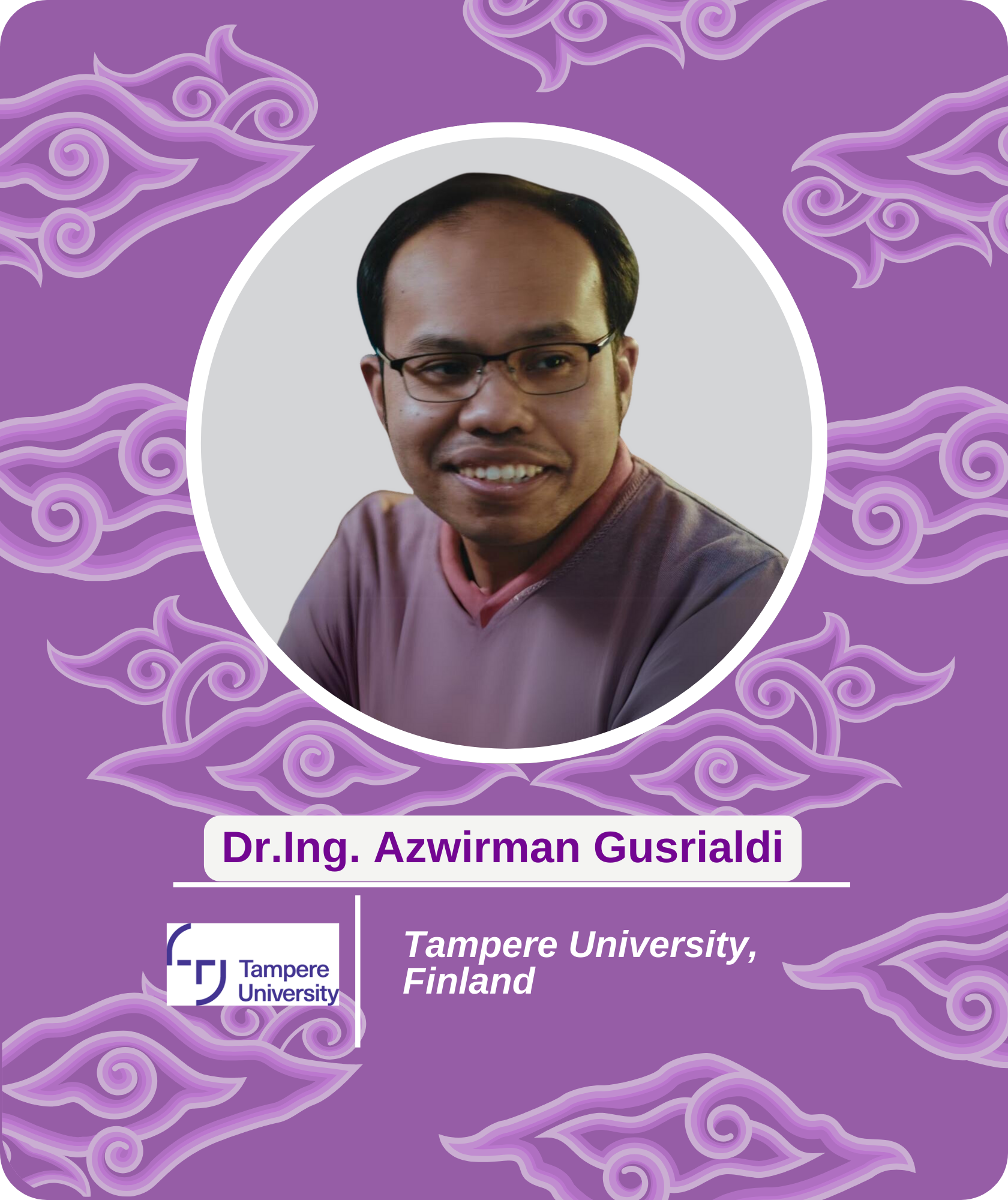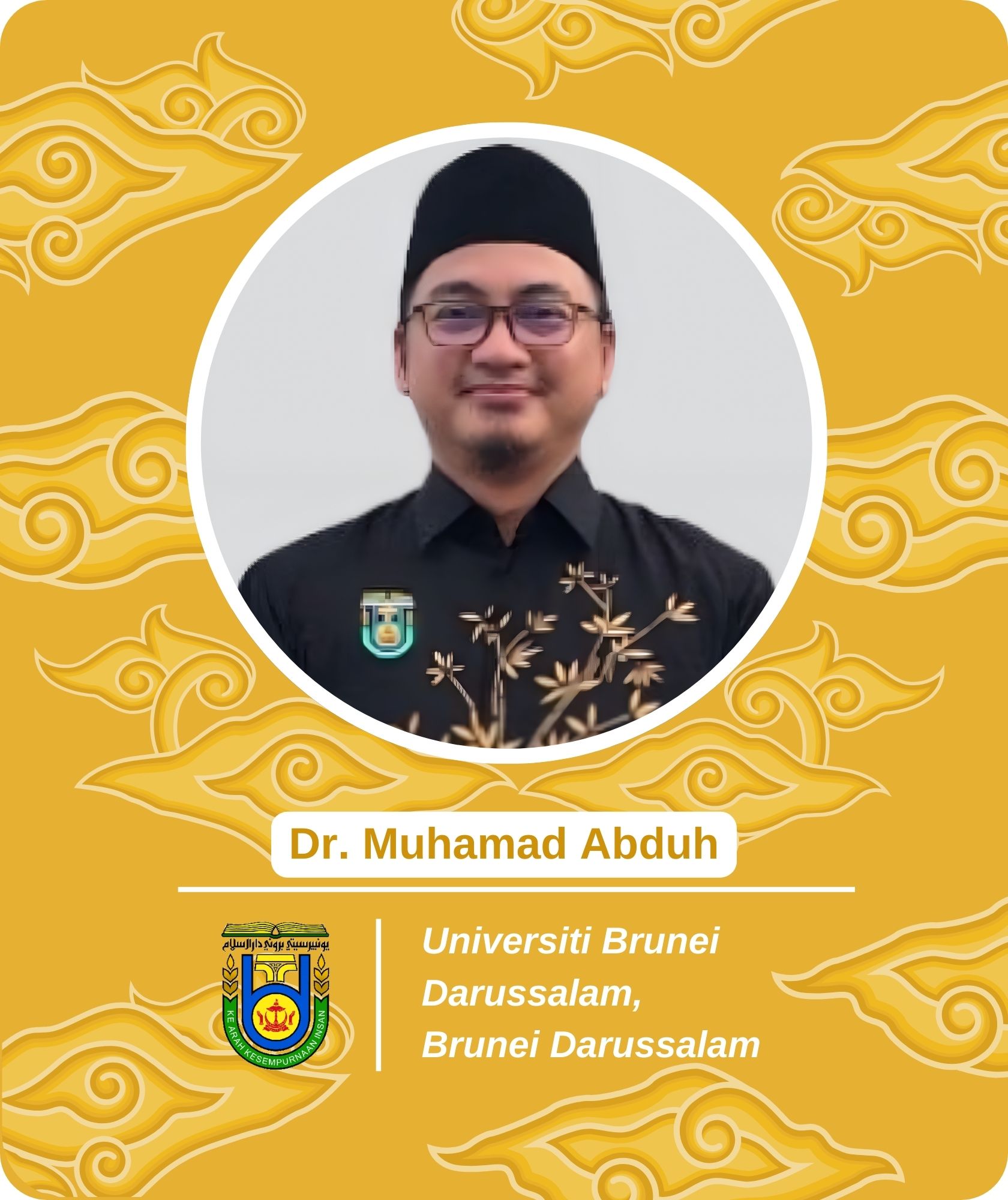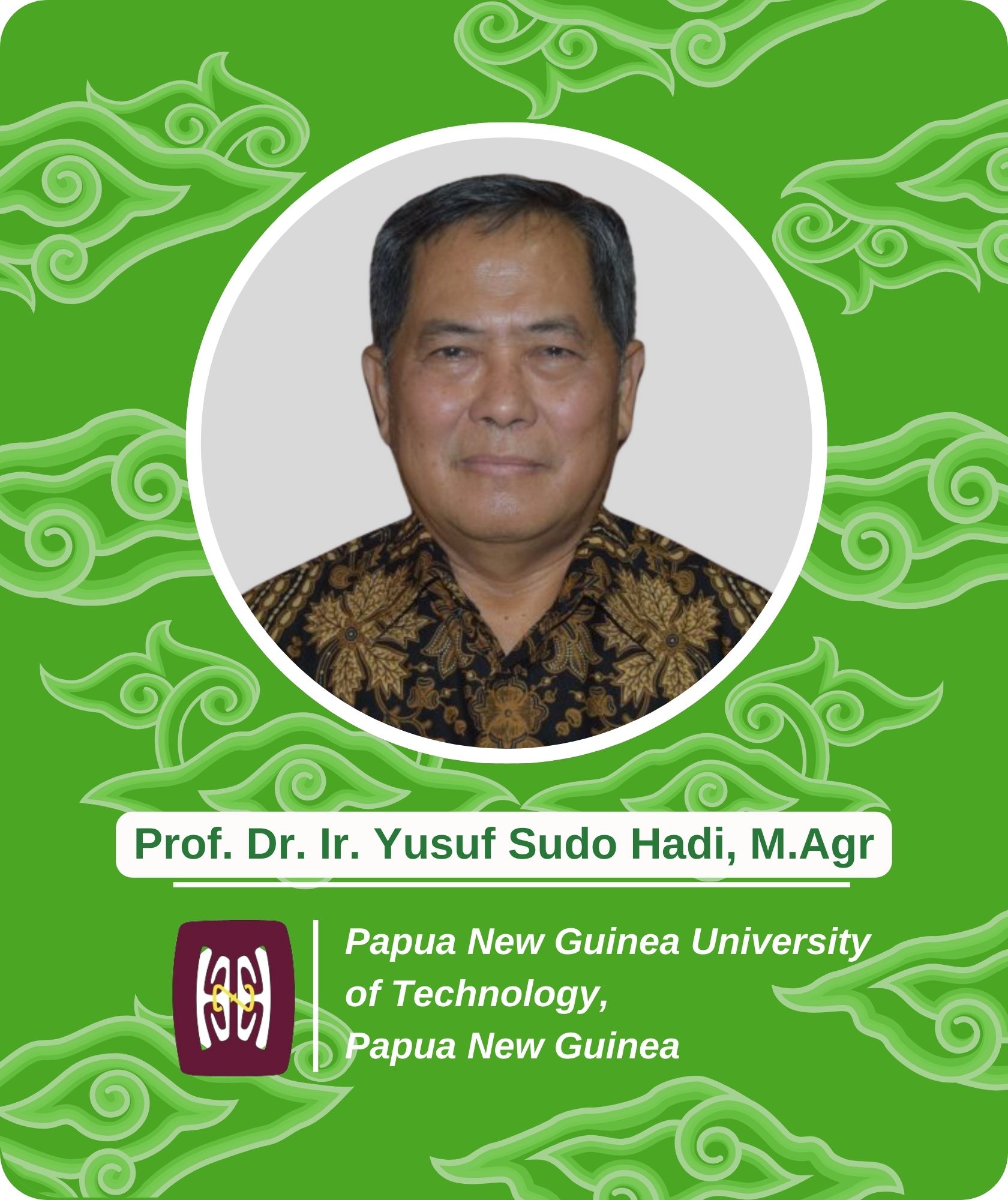Prototyping Field-Based Learning via Agro-Eco-Edu-Tourism
This title will be presented on Friday, December 15, 2023 at 08.15-08.25 GMT+7.
Abstract
This title will be presented on Friday, December 15, 2023 at 08.15-08.25 GMT+7.
As an alternative tourism, ecotourism is defined as the traveling activity to the natural areas responsibly involves preserving the environment, supporting local economies, and providing interpretation and education. Ensuring that tourism and conservation are connected in a way that is not only necessary but also logical is the goal of ecotourism. By utilizing and the concept of ecotourism, SEAMEO BIOTROP develops the concept of Agro-Eco-Edu-Tourism (AEET). By combining agrotourism, edutourism, and ecotourism itself, AEET is aiming to promote agricultural product, environmental conservations, and learning packages by utilizing the concept of tourism to increase the community’s skills and well-being. To achieve its aim, developing learning prototypes is crucial and plays an important role as the field-based learning for the visitors. Hence, SEAMEO BIOTROP develops five prototypes that can be a model for “off class” education, where the visitors can learn about biodiversity out of their classroom. Those prototypes are Aquatic Garden, Stingless Bee Garden, Sensory and Therapeutic Garden, Smart-Agriculture Hydroponic, and BIOTROP Science and Technology Expo. The development of those prototypes is expected to be the field-based learning model for biodiversity conservation education. The AEET is designed to become a “showcase” of biodiversity in Southeast Asia. The AEET can also be a great tool to educate public about biodiversity with a “fun” way while it still not put the education and conservation aspect aside. Learning biodiversity will not be a sophisticated topic and tourism can be an alternative way to educate public about biodiversity conservation.




















